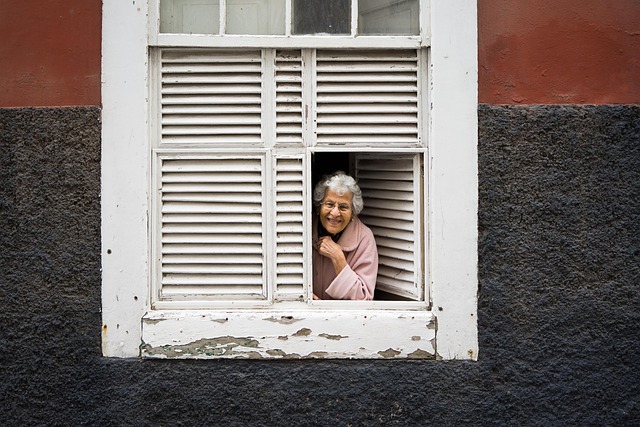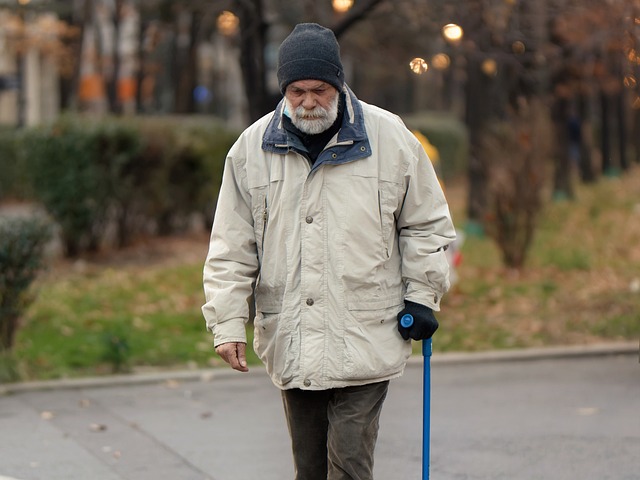Elderly Companion Services provide tailored support for seniors living independently at home, assisting with daily tasks, medical management, and appointment scheduling, while offering companionship to combat loneliness. Creating a supportive home environment involves safety adaptations, organized spaces, and nurturing atmospheres. When selecting services, prioritize the senior's well-being, assess specific needs, consider specialized care options, and research caregiver training and style for an optimal, personalized home care experience focusing on independence and quality of life.
“Elderly Companion Services: Enhancing Quality of Life at Home
As our population ages, elderly companion services have become essential in ensuring seniors maintain independence and dignity. This article explores the multifaceted benefits of these services, which go beyond mere companionship. From personalized care tailored to individual needs to creating supportive home environments, we delve into strategies for enhancing quality of life. Additionally, we guide seniors and caregivers on choosing the right companion service, highlighting crucial factors that promote well-being and foster meaningful interactions.”
- Understanding Elderly Companion Services: Benefits and Personalized Care
- Creating a Supportive Home Environment for Elderly Companionship
- Choosing the Right Companion Service: Factors to Consider for Seniors' Well-being
Understanding Elderly Companion Services: Benefits and Personalized Care

Elderly Companion Services are designed to provide essential support and companionship for seniors who may require assistance in their daily lives while maintaining their independence at home. These services offer a range of benefits, ensuring that elderly individuals receive personalized care tailored to their unique needs and preferences. From simple tasks like grocery shopping and cooking to more complex responsibilities such as managing medications and scheduling appointments, companions can assist with various activities, allowing seniors to focus on what matters most to them.
By hiring a companion, families can rest assured that their loved ones are receiving quality care in the comfort of their own homes. This personalized approach ensures that each senior’s specific needs are met, whether it’s companionship for those who live alone or assistance with daily tasks for those with mobility issues. Companions can also provide emotional support, helping to alleviate feelings of loneliness and isolation commonly experienced by the elderly, thus enhancing their overall well-being.
Creating a Supportive Home Environment for Elderly Companionship

Creating a supportive home environment is paramount when providing elderly companion services. It involves adapting living spaces to cater to the unique needs and limitations of the elderly, ensuring safety, comfort, and accessibility. Simple modifications like installing handrails in bathrooms, adding non-slip mats, or rearranging furniture can significantly enhance mobility and independence. A well-organized home with clear pathways reduces tripping hazards and promotes ease of movement, enabling seniors to navigate their surroundings with confidence.
Furthermore, a nurturing atmosphere, rich in comfort and familiar touches, can make a world of difference for elderly companions. Personal items, comfortable seating areas, and gentle lighting create a sense of warmth and belonging. Regular cleaning and maintenance also contribute to this environment by preventing health issues related to unsanitary conditions and ensuring a peaceful living space. These considerations collectively foster a supportive home where the focus is on quality of life and well-being for those receiving elderly companion services.
Choosing the Right Companion Service: Factors to Consider for Seniors' Well-being

When considering elderly companion services at home, it’s crucial to make an informed decision that prioritizes the senior’s well-being and comfort. Choosing the right service involves several key factors. First, assess the specific needs of the elderly individual, including their mobility, cognitive abilities, and social requirements. Some services offer specialized care for those with memory loss or chronic conditions, ensuring a match between client needs and caregiver capabilities.
Additionally, research the companionship style and training of potential caregivers. Look for services that emphasize personalized attention, empathy, and genuine connection. Check references and verify certifications to ensure professional and compassionate care. The goal is to find a companion service that fosters independence, enhances quality of life, and provides peace of mind for both the senior and their family.
Elderly companion services at home offer a crucial support system for seniors, enhancing their quality of life. By understanding the benefits and personalizing care, creating a welcoming home environment, and carefully choosing service providers, we can ensure our loved ones receive the best possible companionship. These services not only cater to daily needs but also foster independence, providing peace of mind for both elders and their families.














